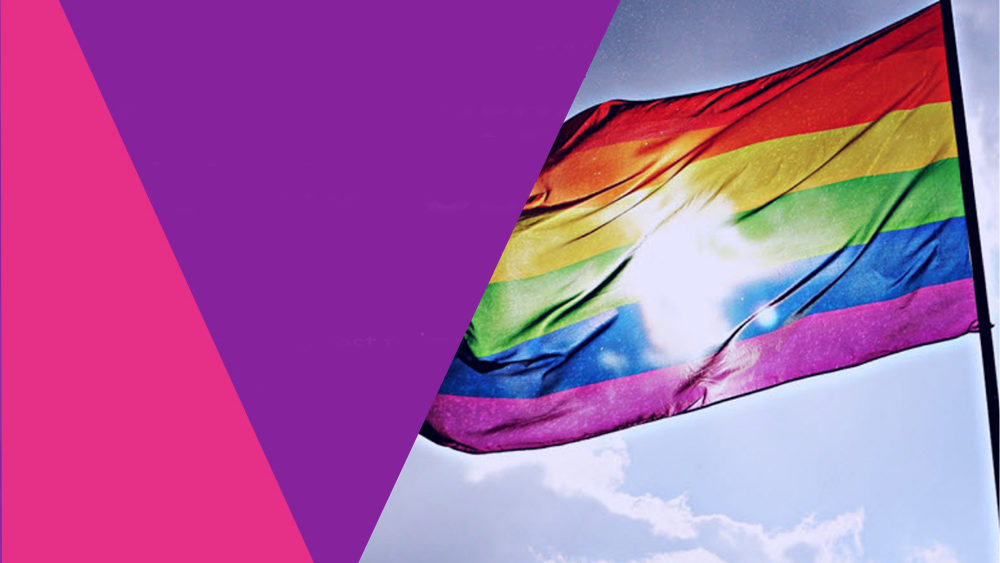‘Praying for gay celibacy’ could be banned
A Victorian inquiry into “conversion practices” is examining options for new legislation to ban attempts to change people’s sexual orientation.
The government says it is “committed to prohibiting harmful LGBT conversion practices.” It defines these as “any practices or treatments that attempt to change or suppress a person’s sexual orientation or gender identity.” The consultation process runs until November 24 (via an online survey), with a report due in February 2020.
David Bennett: A young man comes out
Same-sex attracted Christians are called to a life of love, not just self-denial
I'm a same-sex attracted Christian
A ‘gay agnostic’ and a Christian chat candidly about same-sex marriage
A report by Human Rights Law Centre (HRLC) “found that conversion practices blend self-help, behavioural, psychoanalytic, and religious practices and often involves 12 step programs, individual, group and online counselling, residential camps and exercises, as well as, prayer, scripture reading, fasting, spiritual healing and deliverance.” (This summary is from the government inquiry announcement.)
This means that prayer and Bible reading could be subject to a ban when applied to the issue of same-sex attraction.
A second report from the Health Complaints Commissioner followed from an Inquiry into Conversion Therapy (HCC Report): “The HCC Report sets out the long-term psychological harm and distress experienced by people who have undergone conversion practices, which include increased incidence of suicide.”
The HCC report identifies what it regards as “harm”, including:
• Survivors experience feelings of guilt and shame about their sexuality, reporting being “overwhelmed by guilt” and guilt that is “always there”;
• Conversion therapy/practices reinforced homosexuality as a form of “brokenness”;
• Church teachings that homosexuality is sinful.
However, the draft Religious Discrimination Bill – under consideration in the federal parliament – could limit the reach of the Victorian legislation, and a similar proposal in the ACT. For example, the draft Religious Discrimination Bill provides that “statements of belief do not constitute discrimination for the purposes of any anti-discrimination law.”
The HRLC report notes a change in how “ex-gay” organisations shifted from an emphasis on the idea “that it was possible through faith and effort to be free of homosexuality” towards “offering help for LGBT persons to live chaste and celibate lives.”
Despite this change, the consultation is examining whether current practices of religious groups should be banned.
Feedback to four key questions is being sought by the Victorian consultation.
• Definition: what practices should be banned?
• Protection: who should the ban protect?
• Regulation: through what legal method should we apply the ban?
• Religious freedom: how should we balance the human rights affected by a ban?
The online survey asks specific questions, some that go to the issue of whether prayer, Bible reading and Christian courses should be included.
“Should the definition of conversion practices be broad enough to capture the practices that do not involve health services or counselling?”
“Who do you think should be banned from providing conversion practices? Specific professionals or persons? Everyone who offers conversion practices?”
The Victorian government’s feedback paper summarises issues of religious freedom in a manner that makes it clear religious practises are a target for the proposed legislation.
“Both the HCC and Human Rights Law Commission (HRLC) Reports highlight that many modern LGBTIQ conversion practices are religious rather than medical in nature in that they involve, or consist entirely of, pastoral and prayer activities.”
“Manifestation of religious belief through religious practice is protected by the right to freedom of religion.
“This right to manifest is not absolute and some argue that it is not clear that it extends to practices that seriously harm others.
“The impact of a ban of conversion practices on right to freedom of religion may be justified given the nature and extent of the harm described in the HCC and HRLC Reports.
“The government has assumed that sexual rights are more important than religious rights.” – Murray Campbell
“Legislation to implement the government announcement of a ban on conversion therapy needs to demonstrate that it is necessary, effective, and proportionate to protect LGBT individuals from harm.”
The Victorian government call for feedback notes that LGBT rather than transgender and intersex issues are the focus of their proposals.
“The intention is also clear: without any philosophical working, the government has assumed that sexual rights are more important than religious rights,” comments Murray Campbell, a Victorian Baptist blogger.
“It is, of course, a false binary, for a person’s understanding of sexual morality is always attached to religious presuppositions.
“Sexual expression is an expression of one’s deepest convictions about God, the world, and the individual.
“Having said that, we mustn’t ignore the suggestion of harm, for the wellbeing of these Victorians is important.”
Feedback
Go to theEternity Facebook page to discuss the Victorian law


